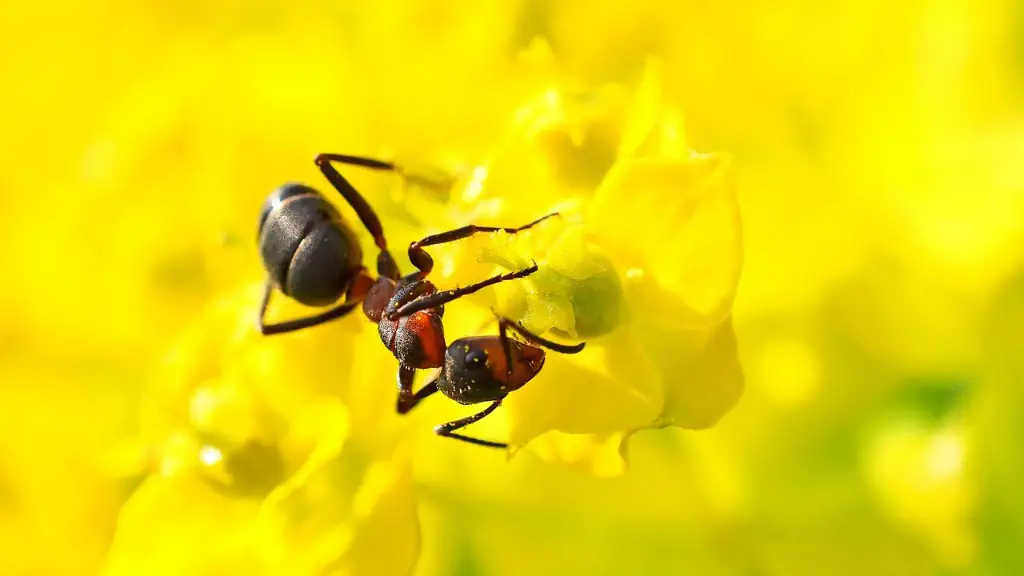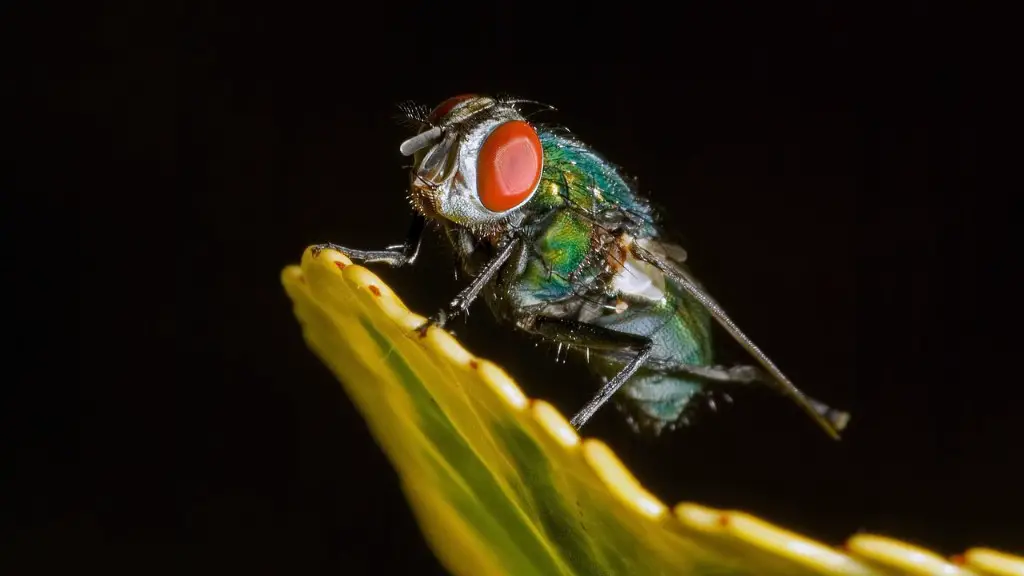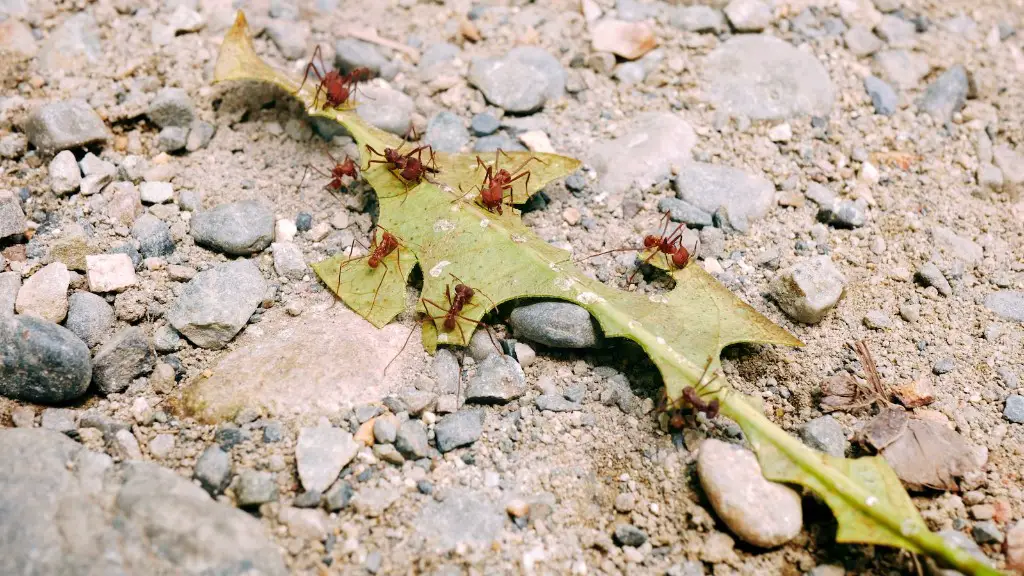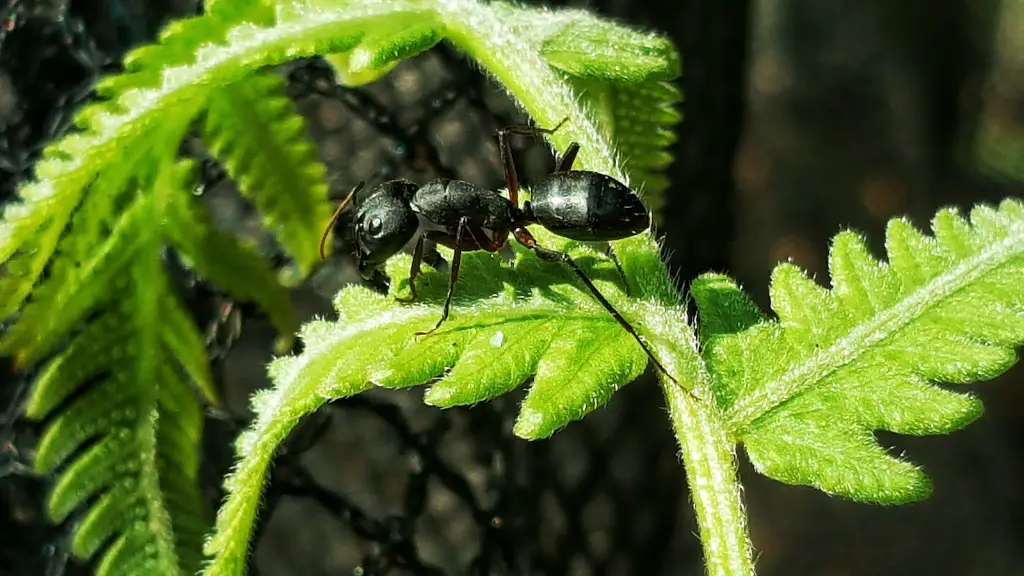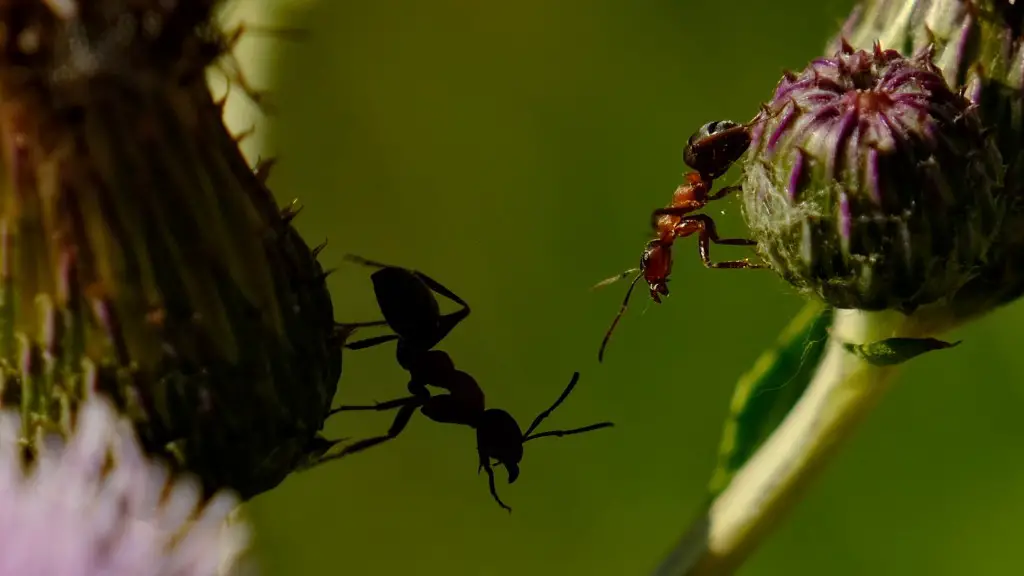Background on Keeping Ants Out of RV’s
A recreational vehicle (RV), is a motor vehicle which provides one with the ability to camp, carry around all their possessions and sleep in the same vehicle. Unfortunately, these vehicles can be specifically susceptible to ants. Ants have been an ongoing nuisance to RV owners, often finding their way into the vehicle despite owners’ best efforts to keep them out. These insects have been found in the kitchen, bedroom, bathroom, and even engine compartment.
There are various measures which can be taken to assure that ants are not able to penetrate the RV and make it their home. To manage and prevent an ant infestation, it is necessary to not only understand their behavior, but also to create an environment in and outside the RV that deters ants.
Inspect and Exclude
The first step to managing a potential ant infestation is to inspect the RV. Look for any crevices or cracks where an ant could possibly enter. These entry points should be sealed to ensure that ants will not be able to gain access. If an ant is spotted indoors, it is necessary to inspect where it is coming from, as there might be multiple access points to the vehicle.
In addition, it is important to not discount the outside of the RV, as ants may be entering from windows, small cracks or crevices in the exterior shell, or other parts of the RV. It is necessary to check for any water leaks or any other places where water may accumulate. Ants are attracted to moisture, and so maintaining the RV in a dry state is necessary in deterring them from entering.
Keep it Clean
It is essential to maintain the RV in a clean state in order to avoid an infestation. This specific sanitation routine should include deep cleaning of the RV, while paying attention to hidden and hard to reach places, such as behind kitchen cupboards, floorboard crevices, and carpets. When not in use, it is best to keep the RV closed and store food in sealed containers to minimize the smell of food inside. It is also important to throw away any rotting food, as this can be an additional source of food for the ants.
In addition, when rinsing off dishes, it is recommended to do so outside the RV, or use a collapsible basin that can be easily cleaned outside. Waste should also be removed and disposed of regularly, as this can be a source of food for the ants. It is also beneficial to keep the RV free of any scented or fragrant items, as the smell can attract insects. Take note to never bring food from outside into the RV, as this can also induce an infestation.
Deterrents
There are several methods that can be used to deter ants from entering an RV. These methods include outdoor deterrents, such as the use of essential oils, boric acid, hairspray, diatomaceous earth, mothballs, and citrus peels. Because the scents of these items will not last, they may need to be reapplied regularly in order to maintain their effects. In addition, the use of natural (non-chemical) insect repellents, such as peppermint oil, garlic oil, citrus oil, and neem oil can be used.
Inside the RV, ant traps can be used as a safe and easy way to eliminate any ant infestations. These traps will be placed along areas where ants are found, such as countertops, kitchen drawers, and other places where ants may be. Placing cinnamon sticks in the interior of the RV can also help to repel ants. Lastly, the use of sticky tape or double-sided tape in and around the common entry points can help to capture ants. Furthermore, it is best to use products with low toxicity, in order to minimize any potential health risks.
Insects in the Engine
In some cases, ants can make it as far as the engine of the RV. This means that owners must take extra precautions. Before driving, it is recommended to cover the air intake of the engine with an insect screen. This will help to deter any ants from entering into the engine. Furthermore, it is beneficial to take the RV out of storage at least once every three months in order to heat up the engine compartment and to prevent it from becoming a habitable place for insects.
Ant infestations in RV’s have become a common problem and in order to properly manage it, one must understand the behavior and cause of the invasion. By taking the necessary steps, such as inspection and exclusion, keeping the interior clean, and using deterrents, the chances of an infestation can be minimized. With the understanding of these steps, it can be much easier for RV owners to manage any infestations and prevent further incursions by ants.
Properly Securing Food
The risk of an ant infestation can be significantly reduced by properly securing food. Storing food and liquids in resealable, unbreakable containers and avoiding bringing food from outside into the RV can limit the likelihood of an infestation. It is recommended to regularly check the containers and lids to ensure that they are adequately sealed and not leaking. It is also beneficial to clean all dishes and containers thoroughly before storing them inside the RV, as any residual food particles can attract insects.
In addition, it is important to undertake a deep clean of the kitchen to remove any food particles or crumbs. This includes going behind and in between cupboards, kitchen drawers, and other hidden places where food residue and crumbs can accumulate. It is necessary to clean up any kitchen spills or leakages to limit the odors which may be present. Once the kitchen clean has been completed, it is recommended to mop the floors to ensure that any food residue has been removed.
Chemical Treatments
The use of chemical ant repellents is another method which can be used to control ant infestations. These chemicals can be used both indoors and outdoors, depending on the severity of the infestation. An insecticide can be used around the exterior of the RV to tackle the source of the infestation. It is important to read the instructions properly before using any insecticides and take the necessary precautions, such as using the correct dilution rate, wearing protective equipment, and avoiding contact with the eyes or skin.
Indoors, insecticides or baiting systems, such as bait traps or bait gels, can be used. The baiting systems are risky, as they can put pets and humans at risk if not used properly. Therefore, bait traps should be placed in areas where animals or children will not be able to reach them, such as behind cupboards or in hard to reach places. Furthermore, it is beneficial to use the bait traps for a few days to check for any activity before removing them.
Preventive Making RV Unattractive to Ants
Ants have been attracted by the warmth and moisture inside an RV, which makes it an attractive home for them. To make the RV as unattractive as possible to ants, it is necessary to reduce the interior temperature by using fans and window screens. Furthermore, reducing the humidity levels inside by using a dehumidifier is also beneficial to create an environment in which ants will not survive. It is also beneficial to install ant traps underneath the RV to monitor and trap any ants that may have come in contact with the RV.
In addition, it is important to keep the outside of the RV clean. This includes rinsing off any food and waste that has been disposed of near the RV. It is also necessary to reduce the amount of vegetation near the RV, as this can provide a potential hiding spot for insects or be an additional source of food. Lastly, it is recommended to regularly check the RV and any other area it may be stored in, as this is a great way to identify and manage any ant problems.
Using Natural Repellents
Natural repellents are becoming increasingly popular, as they are effective and safe to use. They can be prepared with items which may already be available in the home and release scents which ants find intolerable. Some of these natural repellents include: cayenne pepper, peppermint oil, tea tree oil, citrus oil, garlic oil, lemon juice, citrus peels, and vinegar.
Essential oils are also popular as a natural repellent against ants. These oils, such as rosemary oil, tea tree oil, peppermint oil, and eucalyptus oil, can be sprayed around areas where there is an infestation or near entry points in order to deter these insects. Any essential oils used should be of high quality, as these oils are usually more effective and potent.
Finally, using natural predators can also be an effective way of managing an ant infestation. This includes the use of parasitic wasps, which feed on ants, or introducing predatory insects, such as ladybugs, to the RV environment.
Using Traps
Ant traps can be used both indoors and outdoors as a way of eliminating any ant infestation. For indoor use, bait or gel traps can be placed near areas where ants have been spotted. These traps are considered to be quite safe, although it is important to note that they may also affect pets or children if not placed and used properly.
For outdoor use, ant bait and insect repellents can be used effectively. The bait can be placed around the RV or in any other areas where an infestation may have started. This will help to lure the ants away from the RV before they reach it. Ant bait can come in the form of granular, liquid, or spray, although it is recommended to read the instructions properly before using.
Insect repellents can also be used, as they help deter ants. This includes the use of insect repellent sprays, essential oils, and natural predator items, such as garlic, chili pepper, and citrus peels. These products should be used according to the instructions and reapplied regularly in order to maintain their effects.
